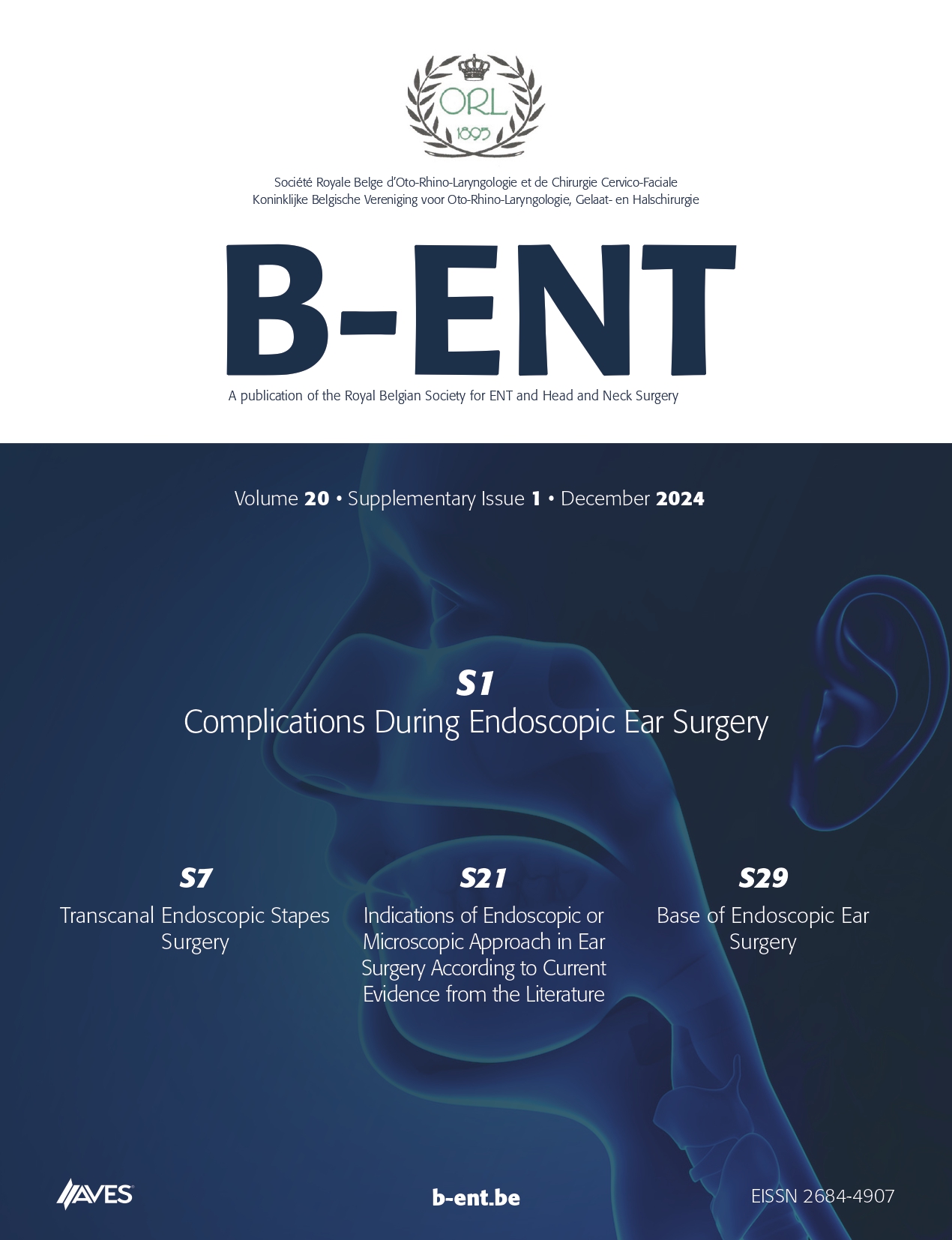Vocal quality in university teachers: a pilot study. Objective: The main purpose of this study was to determine the vocal quality of 20 male and 9 female university teachers using a multi-parameter approach. Secondly, the effect of an academic lecture on the voice profiles of the university teachers was measured.
Methodology: All groups underwent subjective voice evaluations (perceptual evaluation, Voice Handicap Index, anamnesis of vocal complaints and vocal abuse) and objective voice evaluations (aerodynamic and acoustic parameters, vocal performance, and the Dysphonia Severity Index). The same voice assessment was performed after an academic lecture with a mean length of one and a half hours.
Results: The mean DSI score was + 2.2 for the male teachers and + 4.0 for the female teachers. The mean VHI score was 13. Perceptually, all voice parameters were rated as normal. The questionnaire revealed a relatively high amount of vocal abuse. No changes in the objective vocal parameters were found after the lecture. Perceptually, however, the voices of the university teachers were significantly less instable after the lecture. Although no negative changes in objective vocal quality were observed, 48% of the university teachers experienced subjective vocal changes.
Conclusion: The authors concluded that university teachers are professional voice users with good vocal quality who suffer no handicapping effect from possible voice disorders. No important changes in the vocal profile after a teaching activity of one and a half hours were found, despite the high prevalence of voice complaints.



.png)
